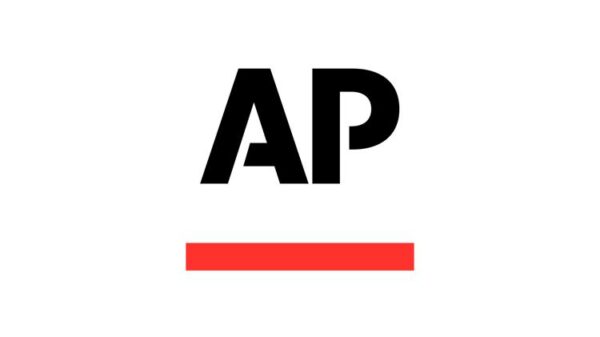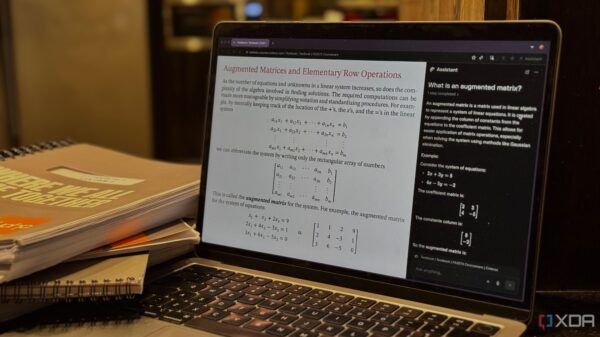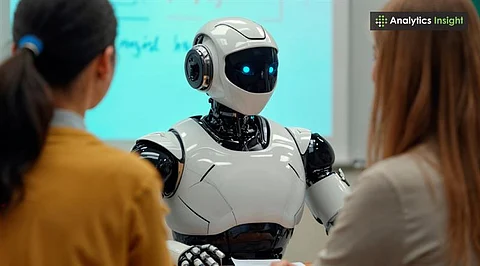The landscape of education is undergoing a profound transformation as AI learning assistants become integral to classrooms worldwide. By 2025, these digital tools are enabling personalized education tailored to each student’s unique pace and learning style. With their ability to support both students and teachers, AI assistants are freeing educators to focus on mentorship and complex problem-solving, thereby enhancing the overall learning experience.
Personalized Learning and Enhanced Engagement
One of the standout features of AI learning assistants is their capacity to provide personalized learning experiences. Traditional classrooms often struggle to meet the individual needs of every student. In contrast, AI tools can assess a student’s pace and learning style, identifying areas where they may need additional support. This adjustment allows students to engage with material that aligns with their capabilities, fostering a more effective learning environment.
AI also offers around-the-clock support, which is particularly beneficial during exam preparation. Students can create their own learning schedules, reducing stress and boosting confidence. This accessibility ensures that help is always available, making education more flexible and responsive to students’ needs.
Streamlining Educators’ Workflows
For educators, AI learning assistants simplify numerous routine tasks. From creating quizzes to assessing student performance, these tools significantly reduce the time required for explanation and discussion. Consequently, classrooms become more engaging for both teachers and students, facilitating a dynamic educational atmosphere.
Furthermore, advanced features such as translation services and text-to-speech capabilities support students with disabilities. For instance, learners facing language barriers can utilize AI tools to receive immediate translations, while those with dyslexia can benefit from amplified audio of lessons. These innovations ensure that education is more inclusive and accessible.
AI learning assistants also help students make informed decisions about their future. By tracking academic progress, these tools can recommend courses and skill enhancements to improve career performance. This guidance empowers students to explore new topics and strengthen their skill sets, preparing them for the demands of the workforce.
As the education sector embraces AI technology, experts predict continued growth in the AI education market. Many leading schools, colleges, and universities are already implementing these tools, which have proven effective in enhancing learning experiences.
The rise of AI learning assistants signals a shift in educational paradigms. While they do not aim to replace teachers, they are set to play a crucial role in supporting educators. The collaboration between human expertise and technological innovation is likely to bring about a positive impact on education, making it more personalized and effective for students around the globe.
In summary, AI learning assistants are reshaping how education is delivered. By offering tailored feedback and support, they enable students to progress at their own pace, transforming the learning process into a more manageable and engaging experience. The integration of AI in education is not merely a trend; it represents a significant step forward in creating an effective learning environment for all.






































































